
OR

Usha Pokharel
Usha Pokharel is an educationist and author of several children’s books.usha@pokharel.net
The fellows’ commitment under adverse conditions to these students says a lot about their character
The words ‘role model’ bring to mind picture of an elderly, experienced and successful person. It never crosses our minds that young people too can be role models. Oh yes, Malala, she is one special role model. Do you realize that there are plenty of role models in our society, whom we encounter on a daily basis but never pay attention? Yes, there are special people who have given part of themselves for the benefit of others. Teach for Nepal fellows are fine examples of such role models. You must be thinking, so why am I talking about role models here?
I talk about them because I was invited to present myself as a role model recently. I had never thought of myself as role model material. I took life as it came and embraced the outcome. I did not realize the process had in time made me a role model as well. As is the case every year, this year also I was invited by Teach for Nepal to participate in their ‘One day in a Classroom’: an initiative to inspire students to aim high and aspire to their fullest potential by interacting with leaders from different sectors of the society whom they can look up to as role models.
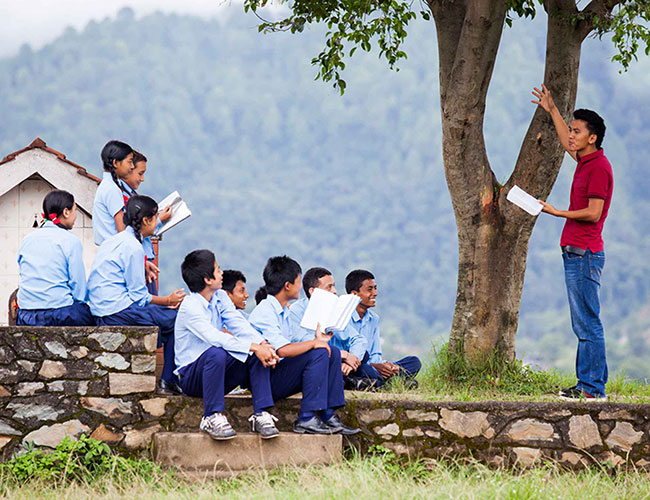
I have been participating in this program for the past few years. Every year, it is wonderful being among students who look at you with awe and respect for what you are. This time it was no different but still there was something special about the whole affair. As always I got an email from their CEO, Shishir, inviting me to the program, and I accepted. I was looking forward to spending a fun day with the students. I was fully aware that I would be with the TFN fellows who have spent two years teaching in the public schools to improve the quality of their education.
What a drive
On the day of the visit I was picked up in the morning and our journey began. I was told it would take about four hours to reach the school in Ashrang, Lalitpur, close to Makwanpur. During our drive I had pleasant and informative conversations with the people I was sharing my ride with. Three of my ride partners were TFN alumni and one was TFN representative. I wanted to know more about the students I would face. I had a good idea about what I was going to do with them. I was given the 7th grade students and I hoped they would understand English. To my surprise the students were rather poor in English. So I decided to use Nepali instead. I know you are thinking, so what is there to write about?
To be frank with you, it depends on what you consider worthwhile. For me TFN fellows’ experience of transitioning from affluent society that has everything they can ask for to facing the harsh realities of life, living in extreme conditions and their contribution to improving the lives of others are things worth writing about. Just as our saying goes, gold gets purified when it comes in contact with the fire. The hardships of life have converted these excellent professionals into excellent human beings, fine role models for young people to look up to and follow.
For me everything was worth writing about. These fellows were teaching and dealing with this mass of students who did not have the knowledge required of their grade level, to make them good enough for national level exams. I could see the difference in the attitude of the students as well. Granted, their English was not good, but their Nepali was excellent. Their power to express themselves and willingness to learn were amazing. For me that was the start of a positive change in students. The fellows’ commitment to teach these students says a lot about their attitude to accept the challenge of teaching under adverse conditions just to improve the quality of education in our public schools.
High character
The fact that these fellows are all young professionals, who have not had the experience of living in difficult conditions, speaks of their high character. Their struggles with the beliefs of the society, their resilience, their coping mechanism and of course their willingness to change their habits hint of the kinds of individuals they may turn into at the end of their fellowship. This reminded me of a program the government used to run back in the 1970s: national development service (NDS), which at the time was mandatory for all masters-level students. One could not get a degree without completing this service.
There are many similarities but also differences between these two programs. Teach for Nepal is voluntary: a person chooses to go and live in adverse conditions, struggling with everything that we take for granted in the cities. The fellows become members of the community where they spend their two years. I found that the program and the fellows’ immersion with the community changed their core values and converted them into persons with integrity. During the short visit I found that this program had profound impact on both participants and host communities.
Finally, I was impressed that even the fellows who thought of quitting after realizing what they were getting into nonetheless stuck to their assignments as challenges and completed them, not knowing the process had purified and turned them into gold of the society that they currently call home. I would recommend every parent to encourage their children to participate in such programs. It is time to give back to the villages. It is time to convert your children into a role model.
Let them grow
Don’t ever think that your children do not deserve to go through the rigors of what you went thorough. Don’t try to shield them from the hardships of life; let them experience it all. If I can make a difference in a few hours, they can do wonders in the two years that they will spend in the villages. It will not only change them as a person, but also put them in good stead for their future life. They will become persons you will be proud of—I can assure you of that. Go ahead give them the opportunity to improve their own lives as well as the lives of countless others. You too want your children to be pride of your family, don’t you parents?
The author is an educationist and author of several children’s books
usha@pokharel.net
You May Like This

Be our role models
Nisha Adhikari, a famous Nepali actress, recently gave birth to her first child in the US. Social media was full... Read More...

Putin supporters use lingerie-clad models to encourage young men to vote in upcoming polls
Vladimir Putin's election supporters are using provocative pictures of female models in underwear in the latest bizarre tactic to fend... Read More...
Just In
- KMC to organize a month-long skill fair from May 1
- Birgunj Metropolis collects over Rs 360 million in revenue
- NEPSE plunges below 2,000 points after one and a half months; daily turnover declines to Rs 2.10 billion
- AI Index Report-2024: AI still behind humans on complex tasks like competition-level mathematics
- Daiji-Jogbudha road construction at snail’s pace
- Govt fails to adopt podway technology despite its potential in Nepal
- Jhulaghat border crossing in Baitadi to remain closed from this evening
- Universities will be free from partisan interests: Education Minister









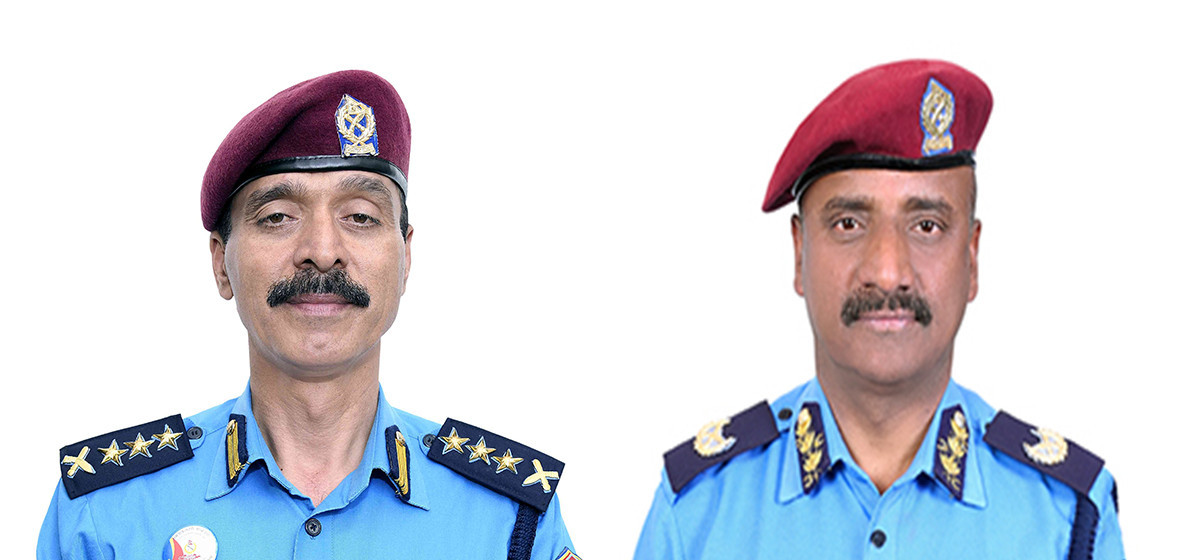


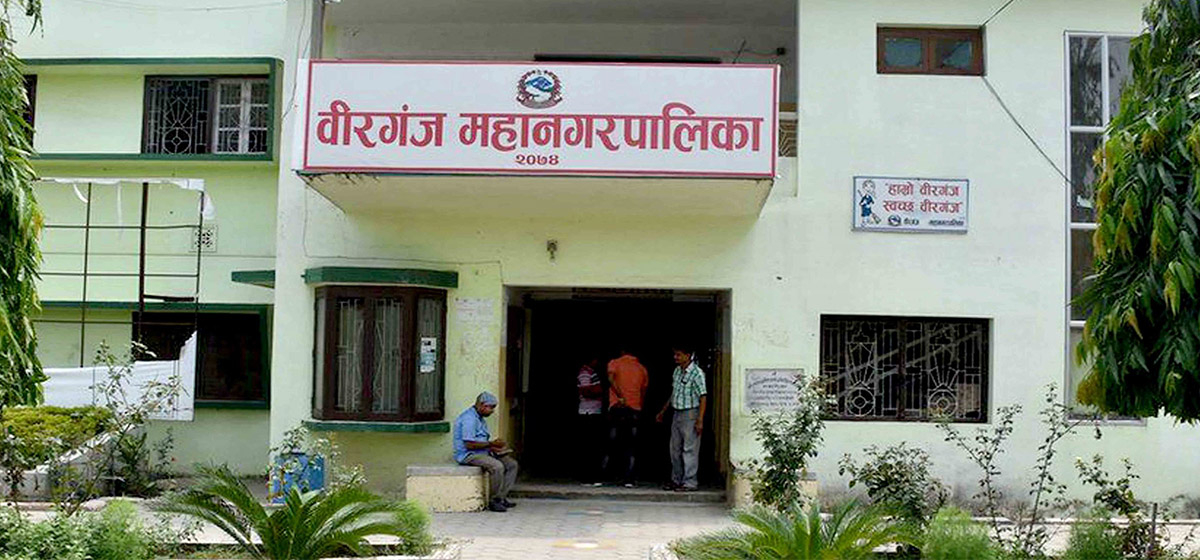


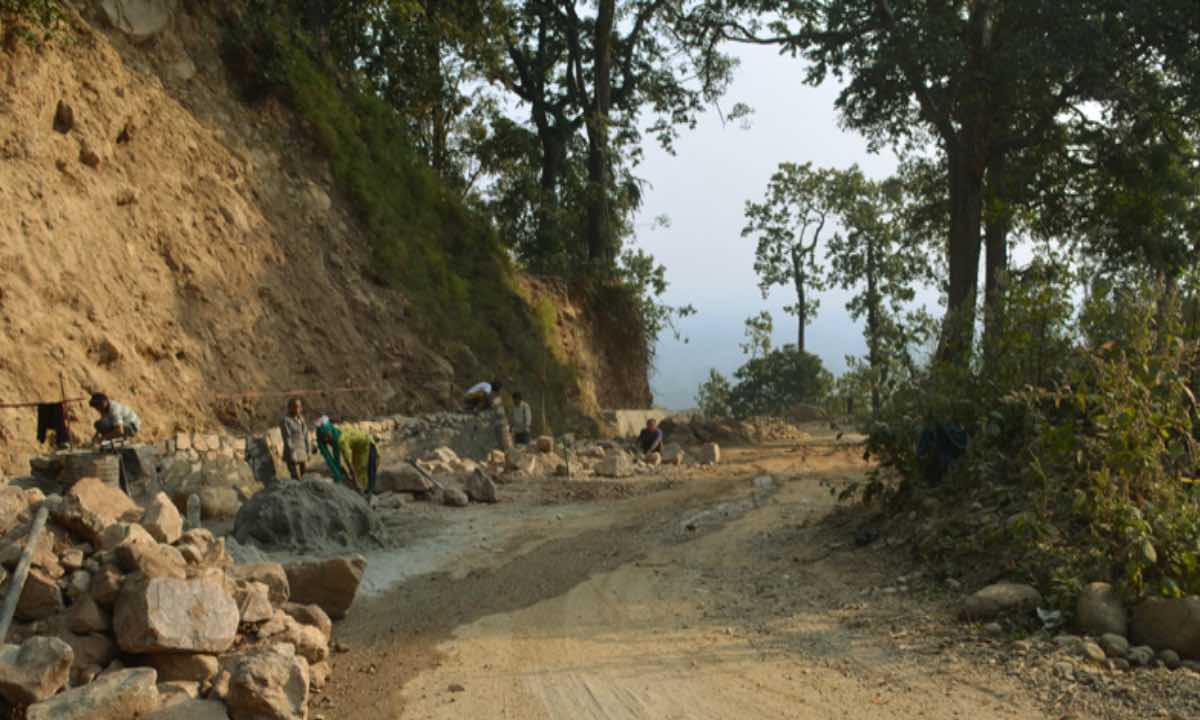
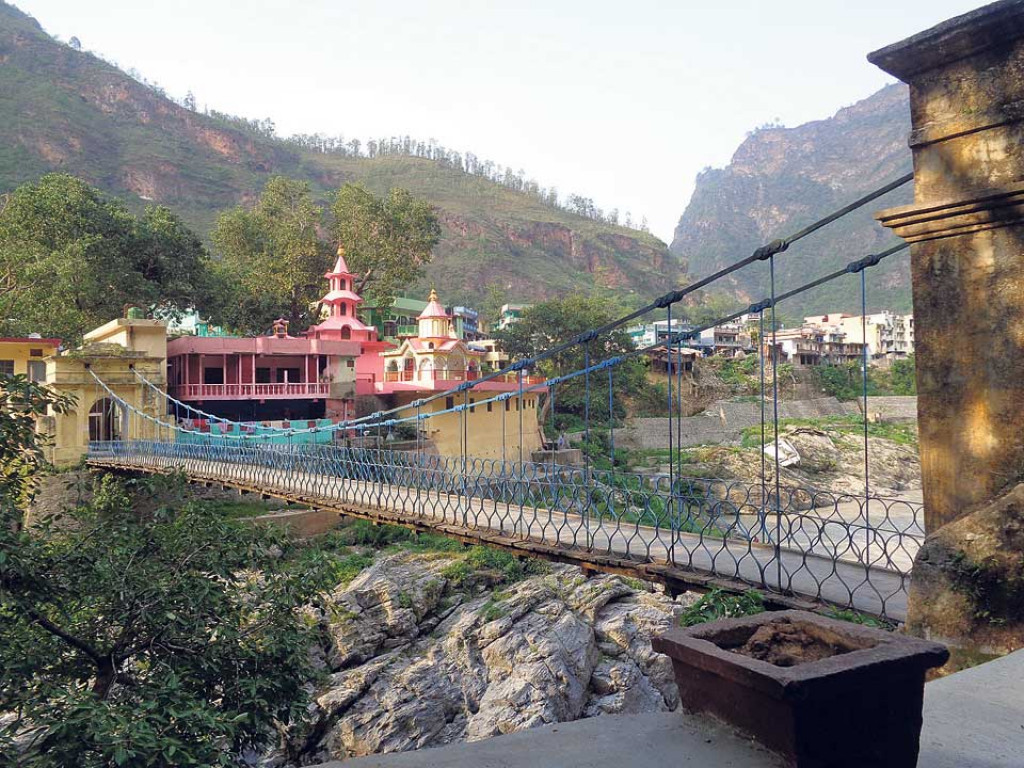
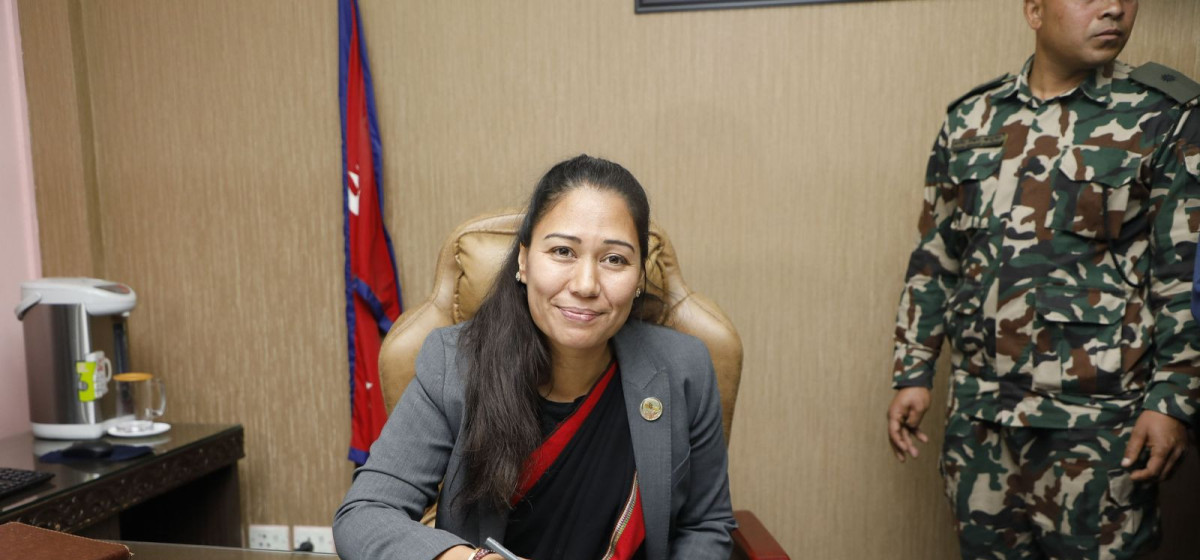
Leave A Comment